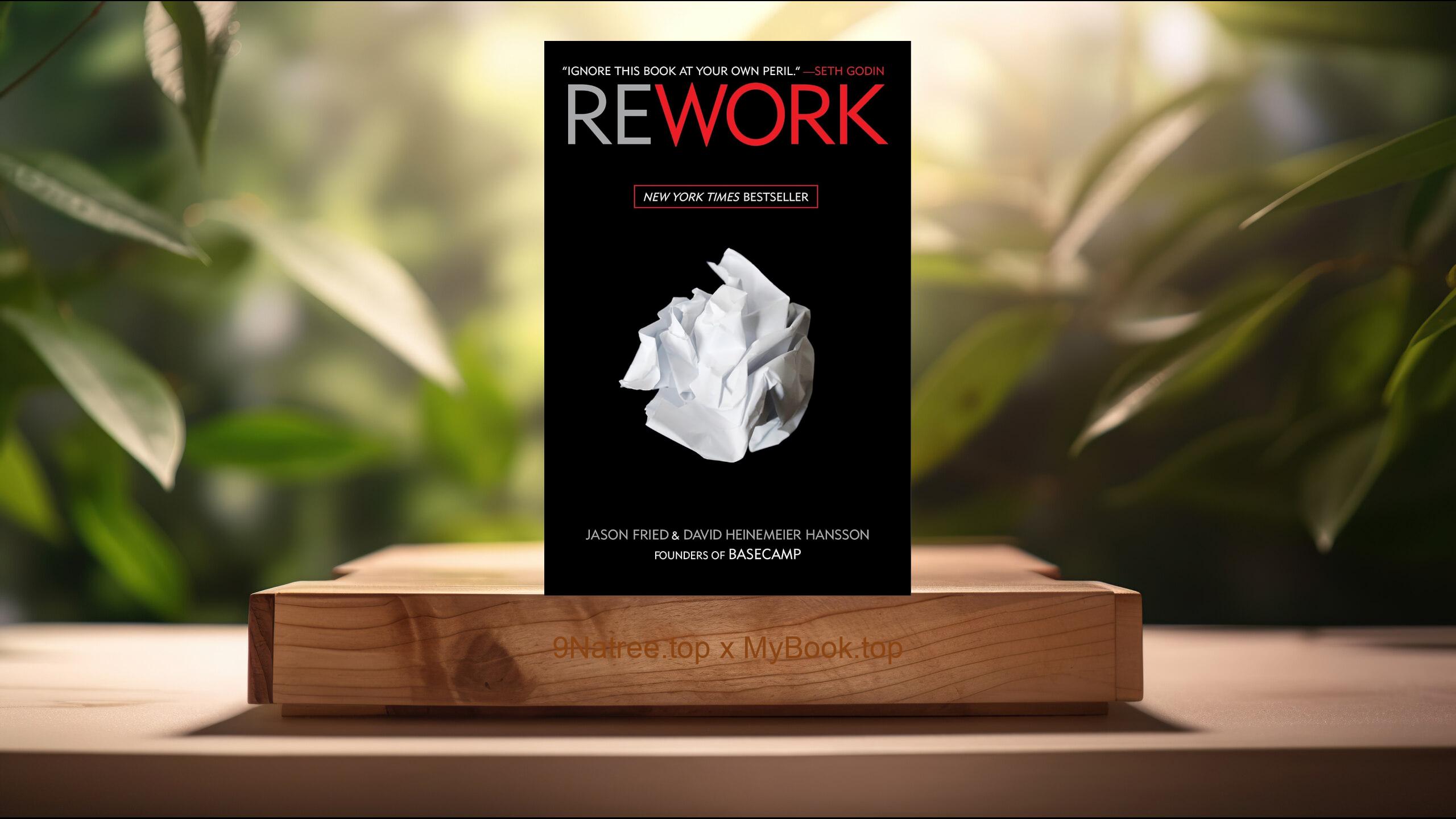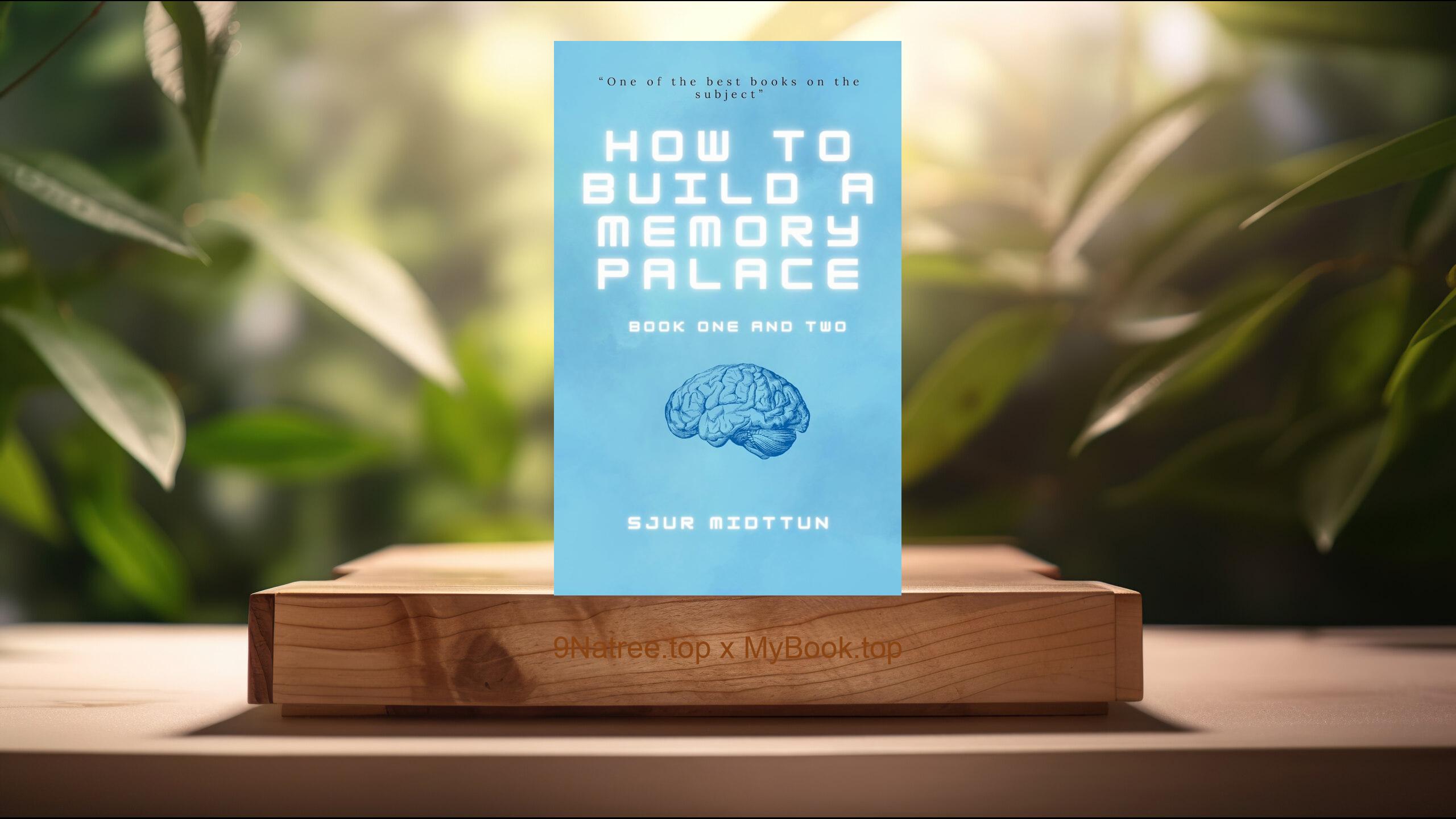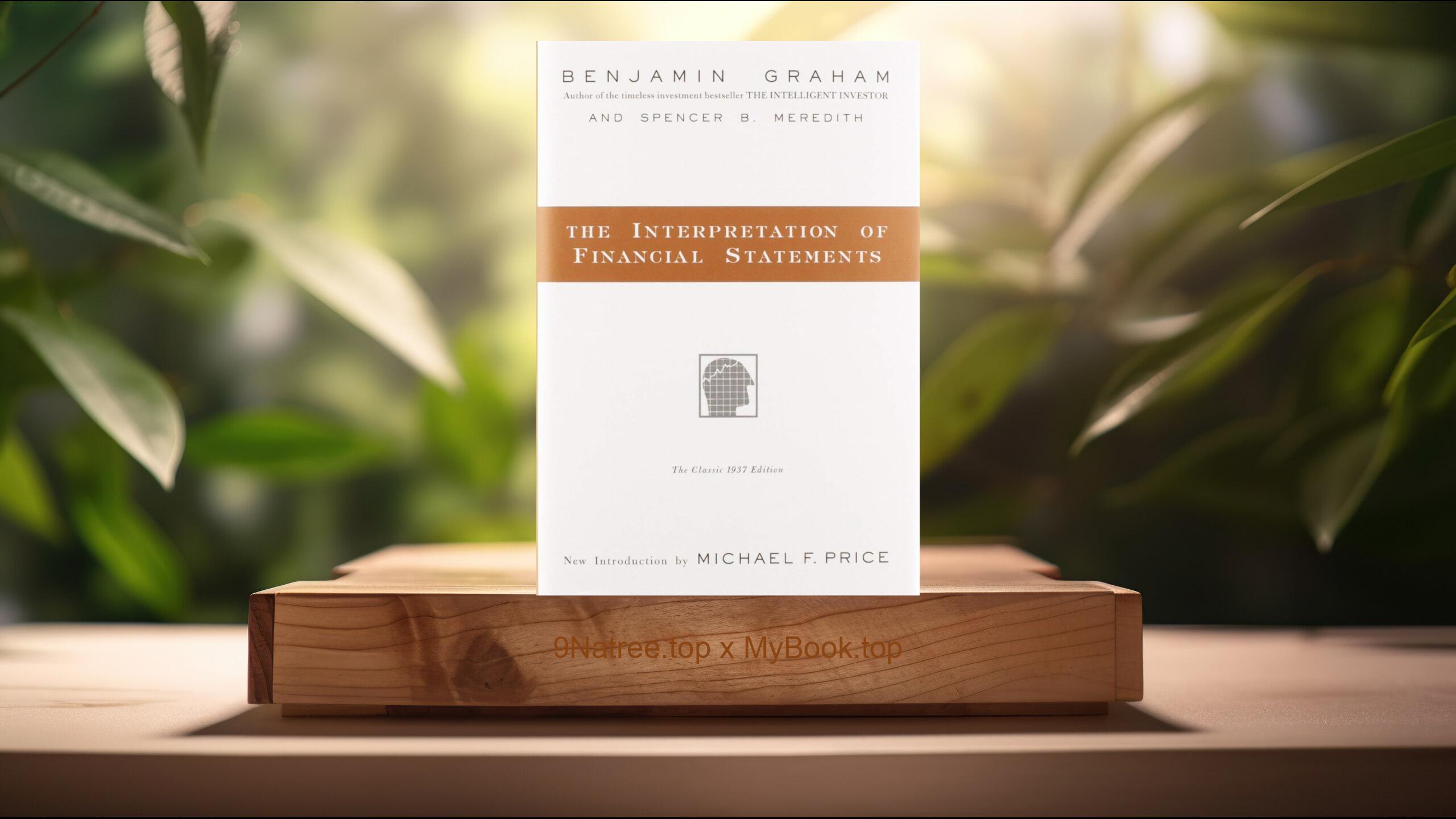Show Notes
- Amazon US Store: https://www.amazon.com/dp/B08ZYVYK58?tag=9natree-20
- Amazon Worldwide Store: https://global.buys.trade/Abundance-The-Future-Is-Better-Than-You-Think-Steven-Kotler.html
- Apple Books: https://books.apple.com/us/audiobook/abundance-the-future-is-better-than-you-think/id1649592402?itsct=books_box_link&itscg=30200&ls=1&at=1001l3bAw&ct=9natree
- eBay: https://www.ebay.com/sch/i.html?_nkw=Abundance+The+Future+Is+Better+Than+You+Think+Steven+Kotler+&mkcid=1&mkrid=711-53200-19255-0&siteid=0&campid=5339060787&customid=9natree&toolid=10001&mkevt=1
- Read more: https://mybook.top/read/B08ZYVYK58/
#ExponentialTechnologies #Innovation #GlobalChallenges #FutureTrends #Sustainability #Philanthrocapitalism #XPRIZE #DIYInnovators #Abundance
These are takeaways from this book.
Firstly, Exponential Technologies, Diamandis and Kotler emphasize the role of exponential technologies in driving unprecedented progress. Exponential technologies, such as artificial intelligence, robotics, biotechnology, and nanotechnology, are characterized by their ability to double in power or processing speed, while their costs drop by half, approximately every two years. This principle, often associated with Moore's Law, suggests an acceleration of technological capabilities at a rate that is hard to comprehend. The authors argue that such growth not only makes these technologies more accessible but also empowers individuals and small organizations to solve problems that were once the sole domain of governments and large corporations. This democratization of innovation opens up a world of possibilities for tackling global challenges and creating abundance.
Secondly, DIY Innovators, The phenomenon of 'Do It Yourself' (DIY) innovators plays a crucial role in the book’s thesis. These individuals and groups leverage open-source technologies, digital tools, and global networks to create solutions for local and global challenges. Diamandis and Kotler showcase various examples of DIY innovators who are making significant impacts in their communities and beyond, from creating low-cost water purification systems to developing new medical diagnostics tools. The empowerment of these grassroots innovators is central to driving the abundance the authors envision, as it allows for a broader distribution of problem-solving efforts, speeding up the rate of innovation and its implementation worldwide.
Thirdly, The Rising Billion, Diamandis and Kotler introduce the concept of 'The Rising Billion,' referring to the next billion people coming online to the internet. This connectivity not only provides access to information and opportunities previously out of reach but also adds to the global brainpower engaged in solving the planet’s most pressing issues. The authors see this as a critical factor in achieving abundance, as it enhances global collaboration, innovation, and empathy. With more people able to contribute their unique insights, skills, and creativity, the solutions to problems can be approached from manifold perspectives, significantly increasing the chances of success.
Fourthly, Incentive Competitions, The book highlights the power of incentive competitions in driving innovation and solving big problems. Diamandis, being the founder of the XPRIZE, a renowned incentive competition, uses various examples to show how these competitions mobilize the brightest minds to work on challenges that seem insurmountable. These competitions do not just focus on rewarding the winners but also on creating a community of innovators who share a common goal. This approach has led to breakthroughs in space travel, ocean exploration, and now increasingly in environmental and health challenges. The strategic use of prizes to direct and accelerate innovation efforts is seen as a key mechanism for creating abundance.
Lastly, Philanthrocapitalism, Diamandis and Kotler explore the impact of philanthrocapitalism, where philanthropy meets capitalism, in contributing to a world of abundance. High-impact philanthropy, powered by wealthy entrepreneurs who invest in solving global challenges, has grown in influence. Unlike traditional charity, these philanthropic efforts are often run with the same rigor and expectation of return on investment as traditional businesses, but the 'return' in this context is social impact. Through detailed case studies and analyses, the book demonstrates how philanthrocapitalism is creating sustainable solutions to complex problems, by leveraging the forces of the market. This innovative approach aligns the incentives of business with the needs of society, promising a more effective way to address the grand challenges of our time.
![[Review] Abundance: The Future Is Better Than You Think (Steven Kotler) Summarized](https://episodes.castos.com/660078c6833215-59505987/images/1833789/c1a-085k3-wwz11r3divv3-y77bkq.jpg)




